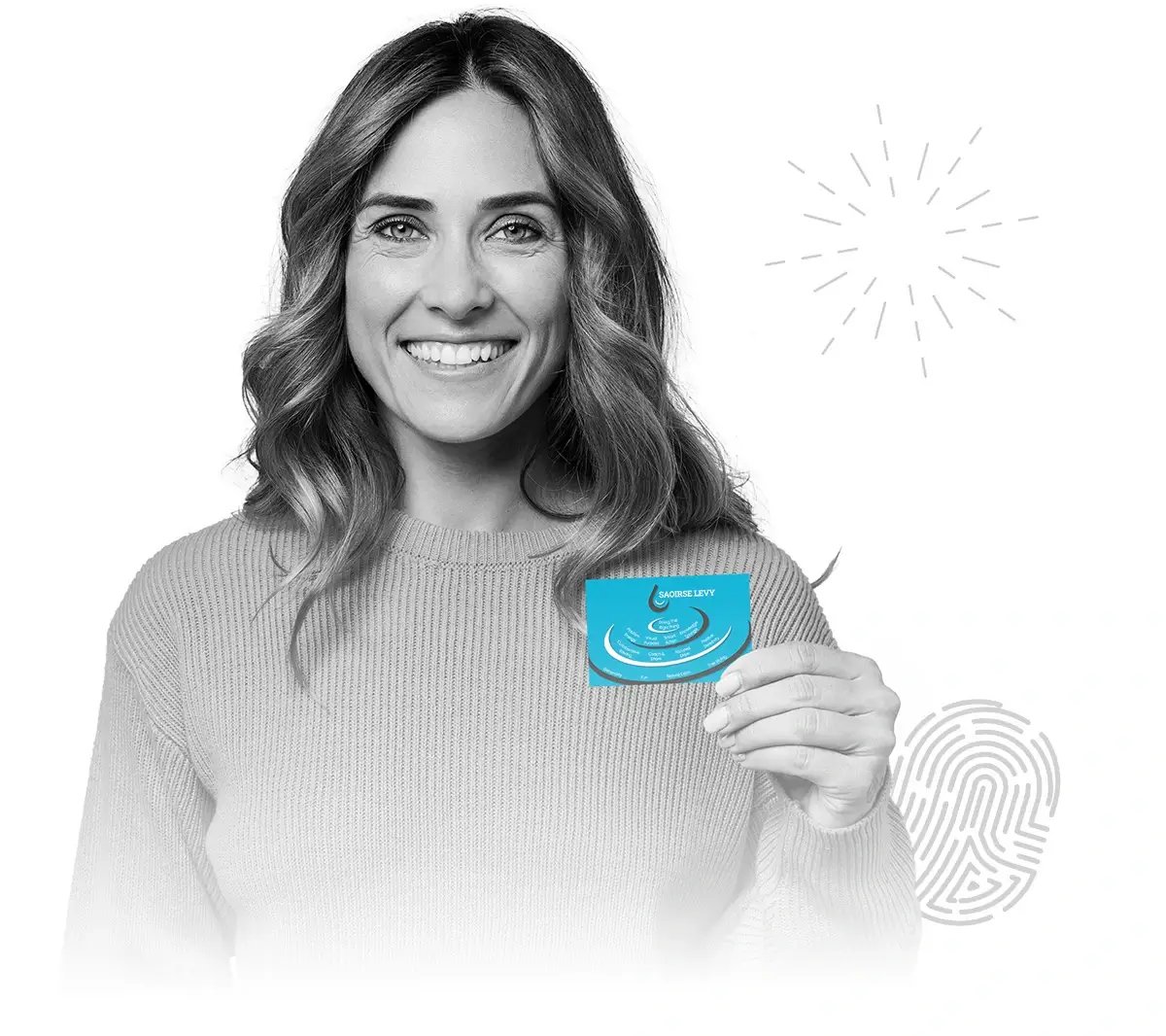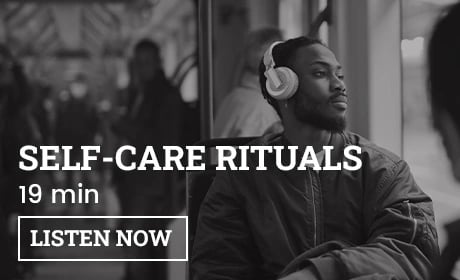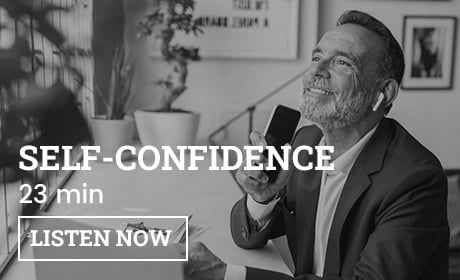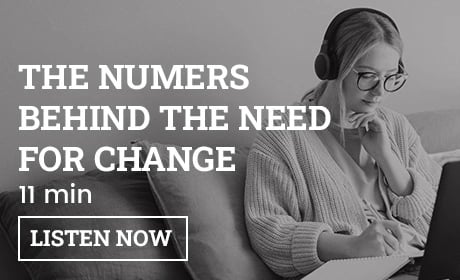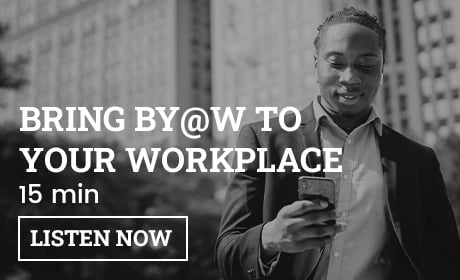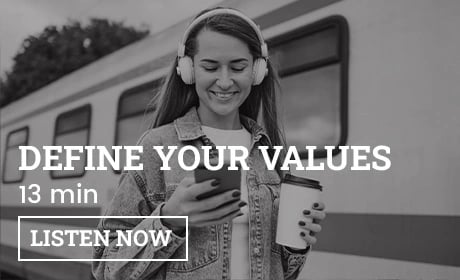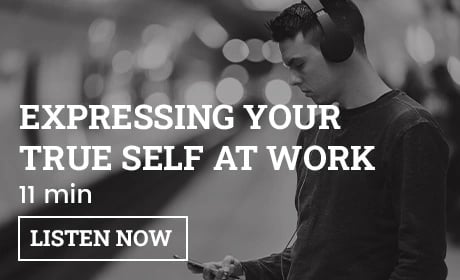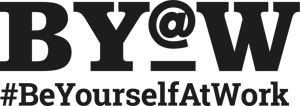
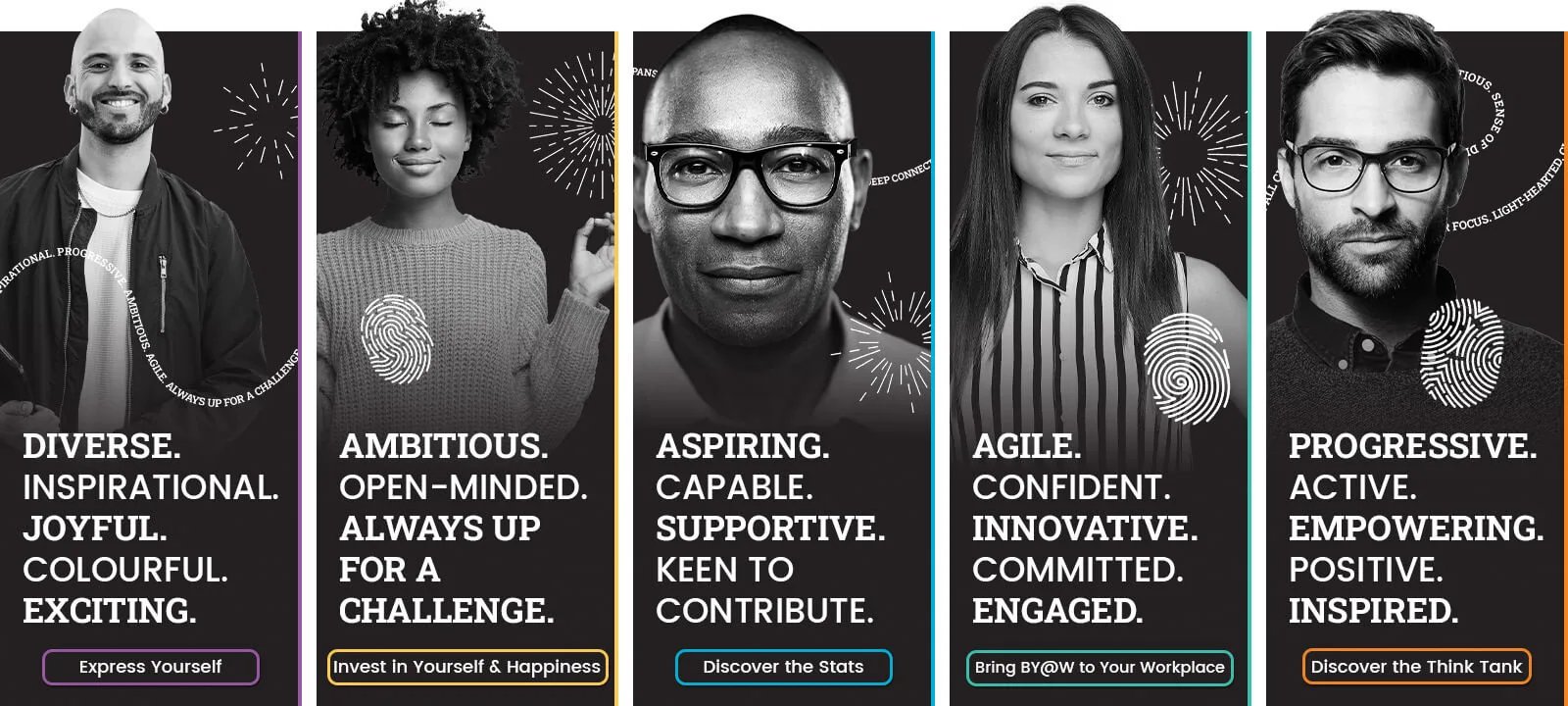
#BY@W IS MAKING WORK POPULAR AGAIN.
We champion people at every stage of their career, whatever their personality and industry.
Every programme is built on discovering your own personal values, completely bespoke to you.
Not a one-size fits all solution.
We champion people at every stage of their career, whatever their personality and motivations. Every course is built on discovering your own personal values, completely bespoke to you.
DELIVERING
53,350
iAM VALUES AND COUNTING

TRUSTED BY
286
BUSINESSES

DELIVERING
71,400
iAM VALUES AND COUNTING


TRUSTED BY
291
BUSINESSES
BEING USED IN
21
DIFFERENT COUNTRIES

BEING USED IN
21
DIFFERENT COUNTRIES

LISTEN TO THE #BY@W-CAST
#BY@W. TRUSTED BY
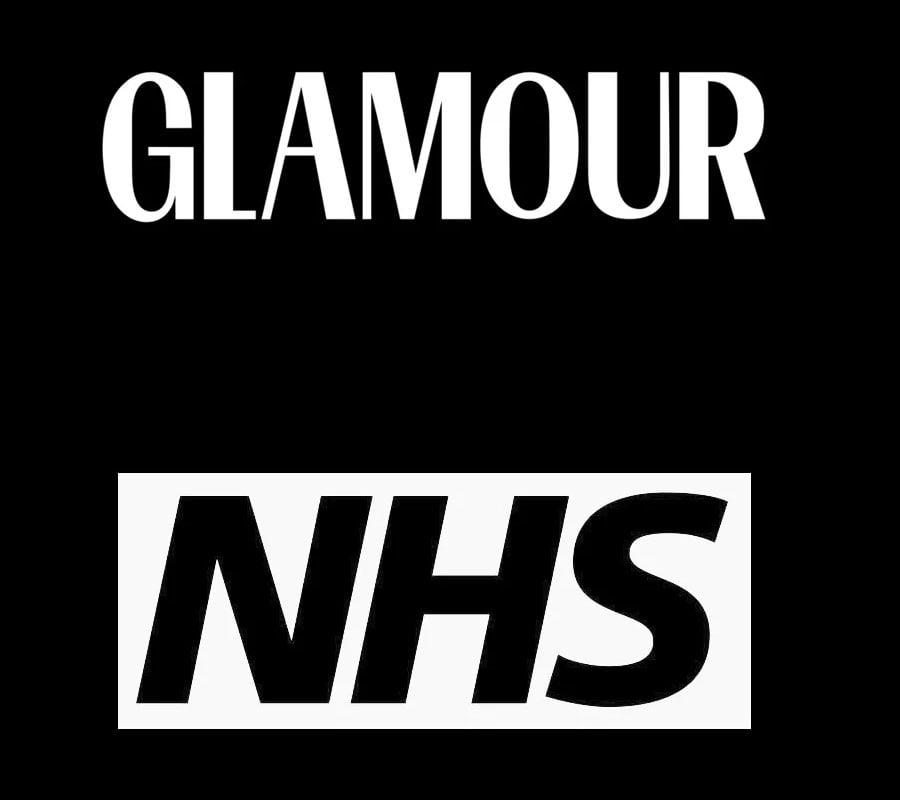
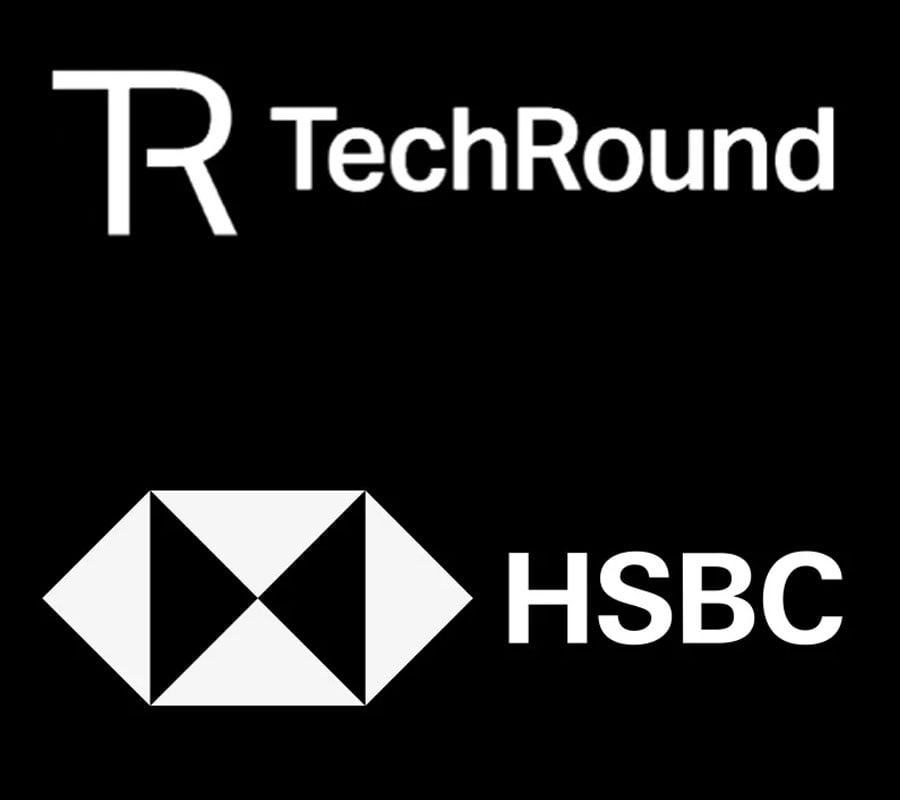
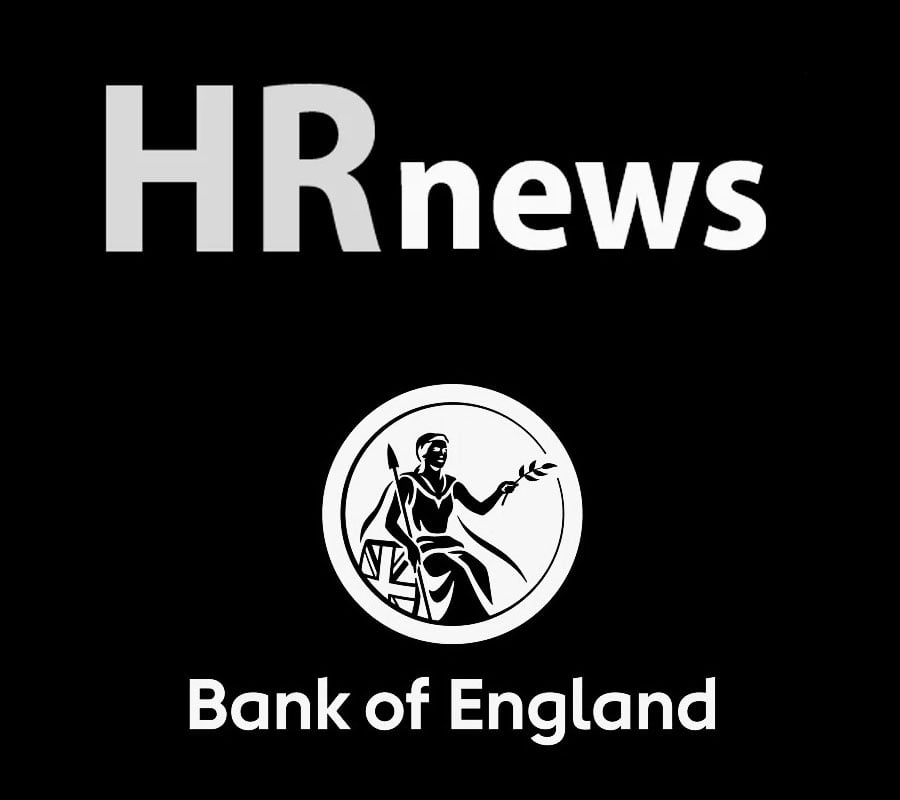




16%
The percentage of people who feel that they can be themselves at work.
88%
The impact of being yourself on your positivity and happiness at work.
89%
The percentage of us who are not actively engaged in our work.
37%
The level of absence in workers who are not engaged at work.
24%
The number of us who know who we really are.
85%
The impact on our performance when we can be ourselves at work.
41%
The percentage of us who see work as an encroachment on our lives.
63%
The percentage of job seekers who say their motivator is to 'truly be themselves at work'.
''For many work has become an encroachment on their lives. We must change the narrative of work to benefit our societies, our economies and our happiness."
- Liz Villani, Founder #BeYourSelfAtWork
JOIN THE MOVEMENT
AND TAKE THE FIRST STEP TO BECOMING YOURSELF AT WORK









